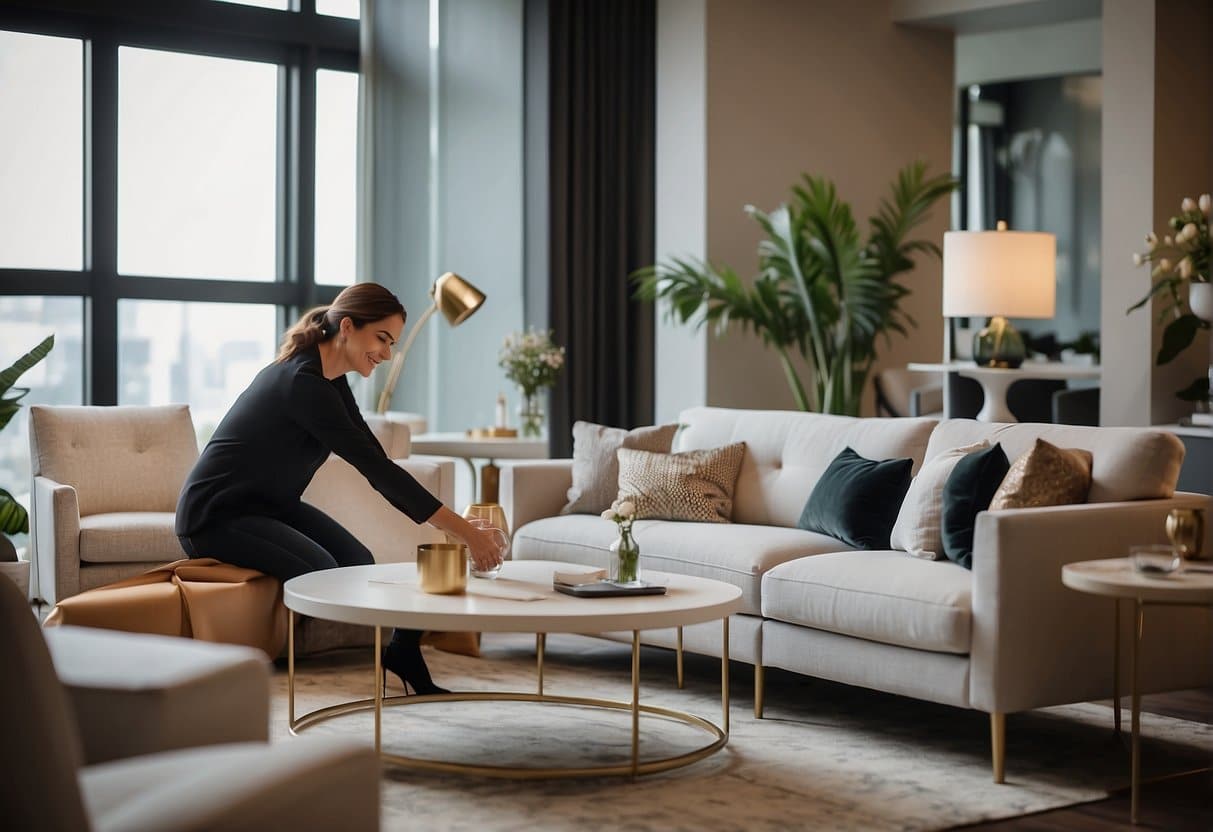
Professional Staging Consultation: Boost Your Home Sale Success Effortlessly
As the real estate market continues to evolve, sellers are constantly seeking new ways to make their homes stand out among the competition. One effective strategy to capture the attention of potential buyers is by utilizing a professional staging consultation. This service helps sellers present their properties in the best possible light, highlighting key features and maximizing appeal to a wide range of buyers.
A professional staging consultation brings in expert knowledge of current trends and design principles to create a memorable first impression for home buyers. By assessing a property’s strengths and weaknesses, a staging consultant works closely with the seller to develop a plan of action and offer suggestions for improvements. The goal of the consultation is to enhance the property’s curb appeal and interior spaces, so that it appeals to a wide range of buyers, ultimately selling faster and for a better price.
Key Takeaways from Professional Staging Consultation
- A professional staging consultation helps sellers present their properties effectively to potential buyers.
- The consultant assesses a property’s strengths and weaknesses, offering suggestions for improvements.
- Staging strategies focus on enhancing curb appeal and interior spaces, leading to faster sales and better prices.
Understanding Professional Staging
Benefits of Home Staging
Home staging is a professional service provided by trained home stagers who specialize in preparing a property for sale. The main goal of home staging is to make your home more appealing and stand out from the competition. Here are some key benefits of home staging:
- Faster sale: A well-staged home can help you sell your home fast, as potential buyers can easily visualize themselves living in the space.
- Higher offers: Staging your home can lead to more profitable offers by showcasing the full potential of your property.
- Attract more buyers: A beautifully staged home can attract a larger pool of buyers, increasing the chances of receiving multiple offers.
What is a Staging Consultation?
A staging consultation is an essential step before undertaking the home staging process. During a consultation, a professional home stager visits your property to assess the space and provide valuable advice. Here’s a brief overview of what to expect during a staging consultation.
- Walk-through: The home stager will tour your property to get a clear understanding of the layout and identify areas that need improvement.
- Recommendations: Based on their assessment, the home stager will provide personalized recommendations on how to best showcase your home, such as rearranging furniture, decluttering, and adding accessories.
- Action plan: The stager will provide you with a detailed action plan, suggesting a timeline and potential costs for implementing their recommendations.
A staging consultation is a vital investment in ensuring your home is presented in the best possible light, ultimately leading to a faster sale and more desirable offers. Don’t miss out on this opportunity to impress potential buyers and make your home truly stand out from the rest!
Preparing for the Consultation
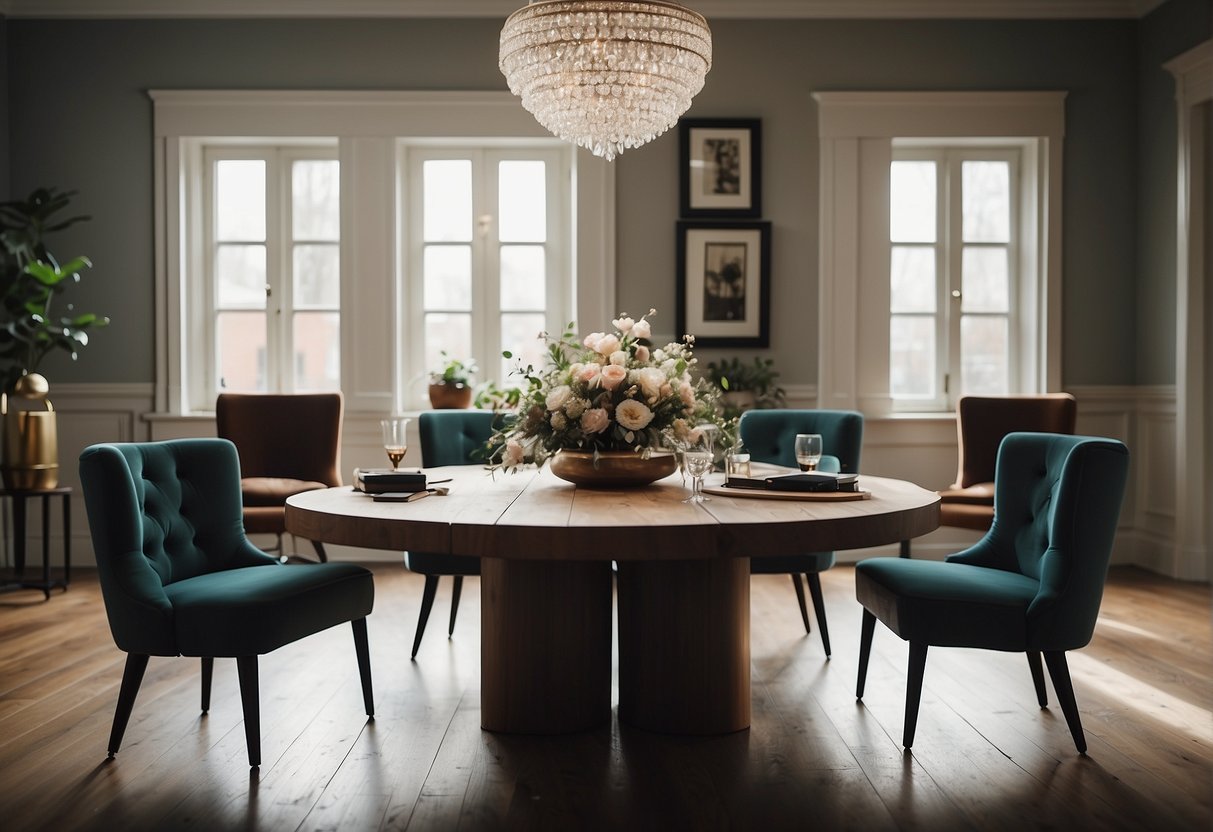
The Homeowner’s Role
When preparing for a professional staging consultation, the homeowner plays a crucial role in the process. First and foremost, decluttering and cleaning the home is essential. This makes it easier for the professional home stager to assess the space and provide specific ideas for improving the overall look and feel of the home.
- Declutter: Remove unnecessary items, organize belongings, and store items that are not needed during the staging process.
- Clean: Thoroughly clean all surfaces, including floors, walls, and ceilings, to create a fresh and welcoming environment.
Additionally, the homeowner should be prepared for an open and honest discussion with the stager during the meeting. It’s essential to be receptive to the stager’s ideas and recommendations, as they have the expertise to effectively market and sell the property.
Choosing the Right Stager
Selecting the right professional home stager is crucial for a successful staging consultation. Homeowners should consider the following factors before making a decision:
- Experience: Choose a stager with a proven track record and expertise in the industry. The Staging Diva, for example, is a well-known professional stager with years of experience.
- Style: Review the stager’s portfolio to ensure their style aligns with the desired look and feel for the home.
- Communication: It’s essential to have a stager who listens to the homeowner’s needs and concerns and can clearly communicate their ideas and recommendations.
- Budget: Understand the stager’s fee structure and make sure it’s within the homeowner’s budget.
| Experience | Style | Communication | Budget | |
|---|---|---|---|---|
| Stager A | High | Match | Good | High |
| Stager B | Moderate | Match | Excellent | Low |
| Stager C | High | Mismatch | Good | Moderate |
By preparing for the consultation and choosing the right professional home stager, homeowners can ensure a smooth and successful staging process that will help their property stand out and sell more quickly.
The Consultation Process
Initial Walkthrough
A professional home staging consultation typically begins with an initial walkthrough of the property. During this time, the staging consultant assesses the property, examining each room to identify any potential issues that may affect the home’s presentation. The goal is to make the property more appealing to the target market and potential buyers. This process will often include evaluating the current furniture arrangement, identifying any clutter, and noting areas that may require updates, such as paint color changes.
Find out more about what to expect during a home staging consultation here.
Creating a Custom Staging Plan
After the walkthrough, the consultant will develop a custom staging plan tailored to the specific needs and goals of the property. This plan will include recommendations for each room, addressing various aspects such as:
- Furniture arrangement and layout
- Decluttering and organization
- Paint color and wall treatments
- Accessories and decor
A written report will be provided, detailing these recommendations in a clear and concise manner. The report will outline the steps needed to transform the property, focusing on creating a welcoming and visually appealing space catered to the target market.
By following the staging consultant’s advice, homeowners can expect to improve the overall look and feel of their property and potentially faster results whenever they are putting their home on the market. To get a better idea of what to expect from a home staging consultation, visit this link.
Enhancing Curb Appeal
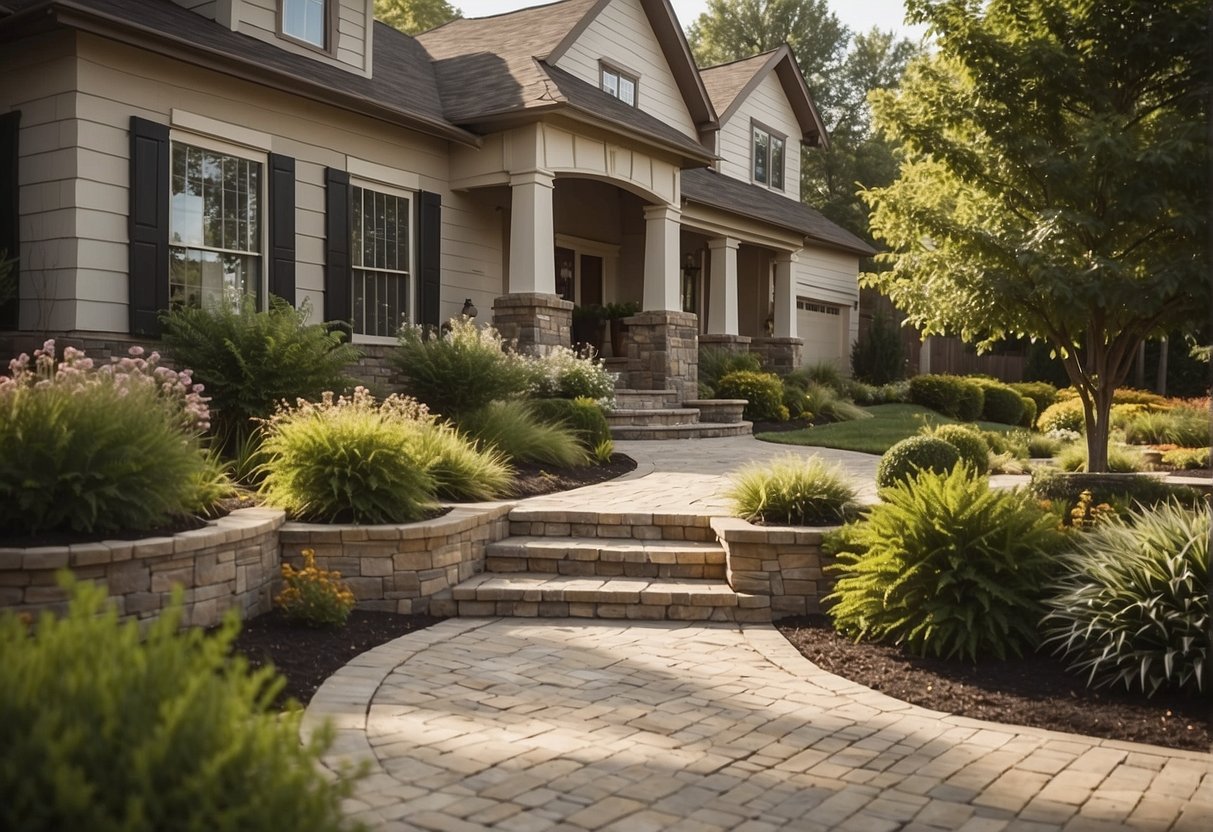
Exterior Considerations
To make a property truly stand out, home staging is essential not only for the interior, but also the exterior of the house. A well-maintained and attractive exterior can significantly boost the property’s curb appeal. Some key exterior elements that real estate agents often recommend focusing on include:
Landscaping: Trim trees, prune shrubs, and mow the lawn. Add colorful flowers and plants to enhance the visual appeal.
Front Door: A fresh coat of paint and updated hardware can make a great first impression. Choose inviting colors that complement the exterior of the house.
Front Porch: Decluttering and organizing the porch creates a welcoming atmosphere. Add attractive outdoor furniture and a few potted plants to make it feel inviting.
Making the First Impression Count
Real estate agents know the importance of first impressions, and making sure the exterior of a property is eye-catching and appealing is key to drawing potential buyers in. Consider the following easy and affordable ways to spruce up the home’s exterior:
Cleanliness: Thoroughly clean the exterior, including windows and siding, to give the home a fresh look.
Lighting: Install outdoor lighting to enhance safety and make the property appear warm and inviting at night.
Walkways: Repair any broken steps, walkways, or driveways, and consider adding some attractive pavers or decorative edging.
Outdoor Decor: Add tasteful and attractive decorations, such as a welcoming doormat, seasonal wreath, or a decorative house number sign to make the home feel more personalized.
By focusing on these aspects of the exterior, professional staging consultation can help homeowners create a lasting first impression that will attract potential buyers and increase the overall appeal of their property.
Staging Interior Spaces
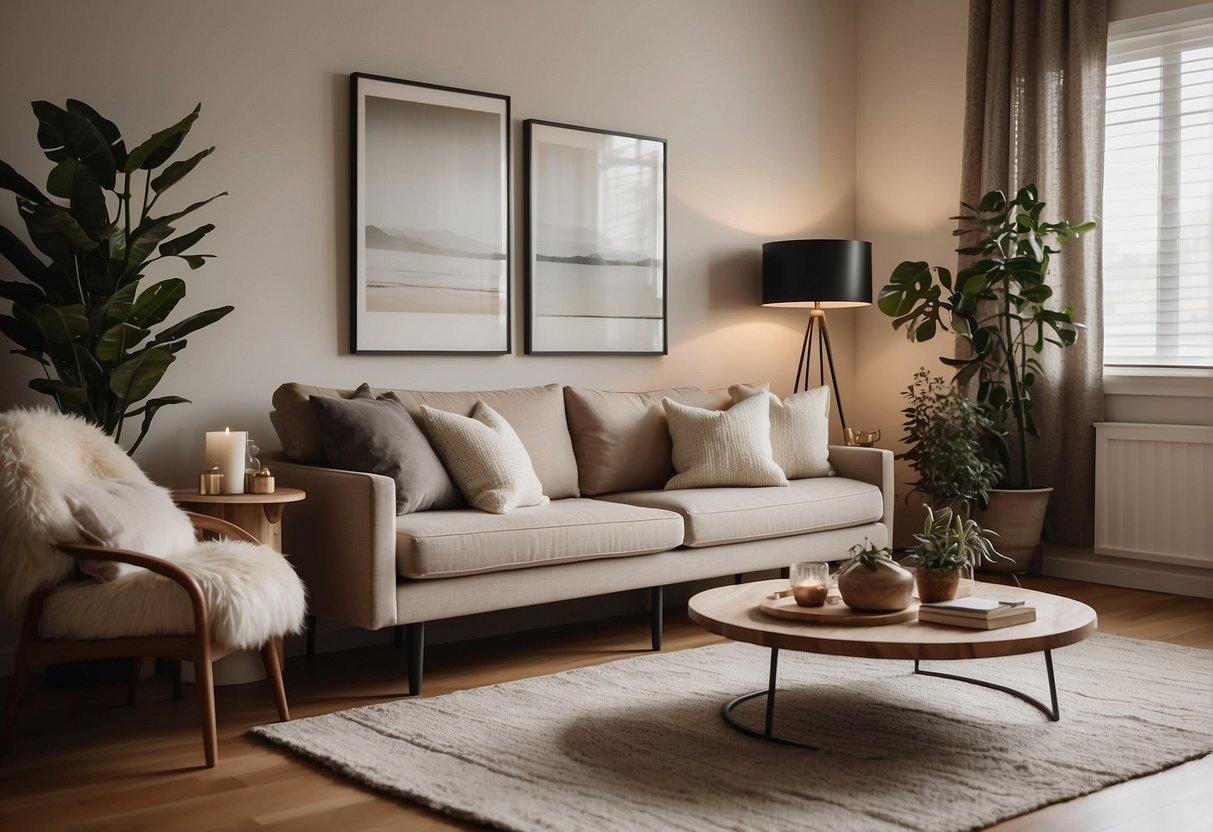
Staging a home for sale can be a game-changer, and a professional staging consultation can provide valuable guidance. Let’s explore various staging techniques for different rooms to create a visually appealing and inviting atmosphere for potential buyers.
Living Room Staging Techniques
In the living room, focus on furniture placement, lighting fixtures, and accessories. An ideal layout should:
- Create an open and welcoming space
- Highlight the room’s focal point, such as a fireplace or large window
- Ensure adequate lighting and incorporate statement fixtures
For a casual tone, mix and match furniture pieces and consider furniture rental if necessary. Use neutral colors and complementary pillows or throws to create a cozy ambiance.
Master Bedroom Appeal
The master bedroom should be a relaxing retreat. To achieve this:
- Choose a neutral color palette for both walls and bedding
- Opt for minimal decor, highlighting one or two pieces of artwork
- Use accessories sparingly, such as bedside lamps, throw pillows, and plants
Remember, less is more. Keep clutter to a minimum and ensure the room is well-lit.
Dining Room Setup
In the dining room, create a stylish setup to help potential buyers envision hosting gatherings. Some tips include:
| Focus | Suggestions |
|---|---|
| Furniture | Use a dining table that fits the room’s size and shape |
| Table settings | Dress the table with elegant place settings and a simple centerpiece |
| Lighting | Basic yet attractive lighting fixtures enhance the dining experience |
Staging Additional Bedrooms
When staging additional bedrooms, keep in mind their potential uses, such as a guest room or home office. Tips for a successful layout are:
- Use appropriately-sized furniture
- Opt for neutral paint colors and decor
- Ensure ample lighting, including task lights for an office space
- Keep the space clutter-free and organized
Focus on the Kitchen
Finally, the kitchen is a key selling point for most buyers. A kitchen redesign or minor repairs can significantly boost appeal. Consider the following strategies:
- Update or clean cabinetry and hardware
- Replace outdated appliances with energy-efficient models
- Clear countertops of clutter and non-essential items
- Deep clean the entire kitchen, including floors, walls, and appliances
By following these staging tips and utilizing a home staging consultation checklist, sellers can create an inviting and appealing home for potential buyers.
Strategic Staging Enhancements
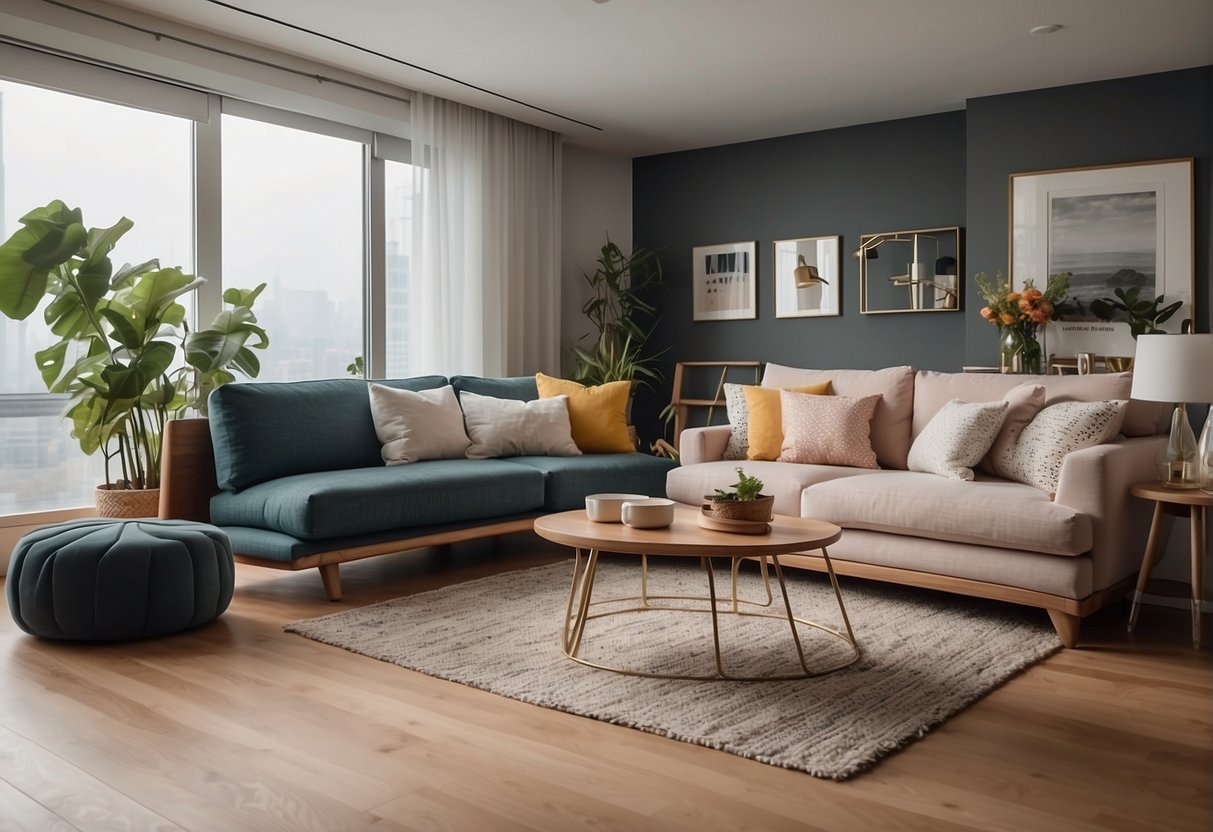
Effective Use of Art and Accessories
In the real estate world, it’s crucial to make a memorable impression on potential buyers. One approach to achieve this is by incorporating art and accessories into the staging process. Realtors can strategically use eye-catching artwork and decorative accents to create an inviting atmosphere. For example, consider investing in rental furniture to enhance the space, making it more attractive to prospective buyers.
Importance of Decluttering
A key factor in staging a home for sale is decluttering. It’s essential for realtors to help clients understand the importance of removing excess items and putting them into storage. A decluttered space showcases its full potential and allows buyers to envision their lives in the property. As an added bonus, it’s much easier to keep the home neat and tidy for showings.
- Remove personal items, like family photos and memorabilia
- Clear countertops, tables, and shelves of unnecessary clutter
- Tuck away toiletries and kitchen appliances
- Consider temporary solutions for pets, as their presence can be distracting or off-putting to some buyers
Optimizing Lighting
Lighting can make or break the ambiance of a space. To create a warm and inviting environment, realtors should pay close attention to a home’s lighting setup. Some steps to ensure profitable home staging include:
- Upgrade old or outdated lighting fixtures
- Introduce various sources of light – think lamps, ceiling lights, and floor lights- to create layers in the space
- Make the most of natural light by opening curtains and blinds
- Utilize warmer-toned bulbs to foster a cozy mood
By incorporating these strategic staging enhancements, realtors have the potential to make a home stand out and secure a successful sale for their client.
Post-Consultation Steps
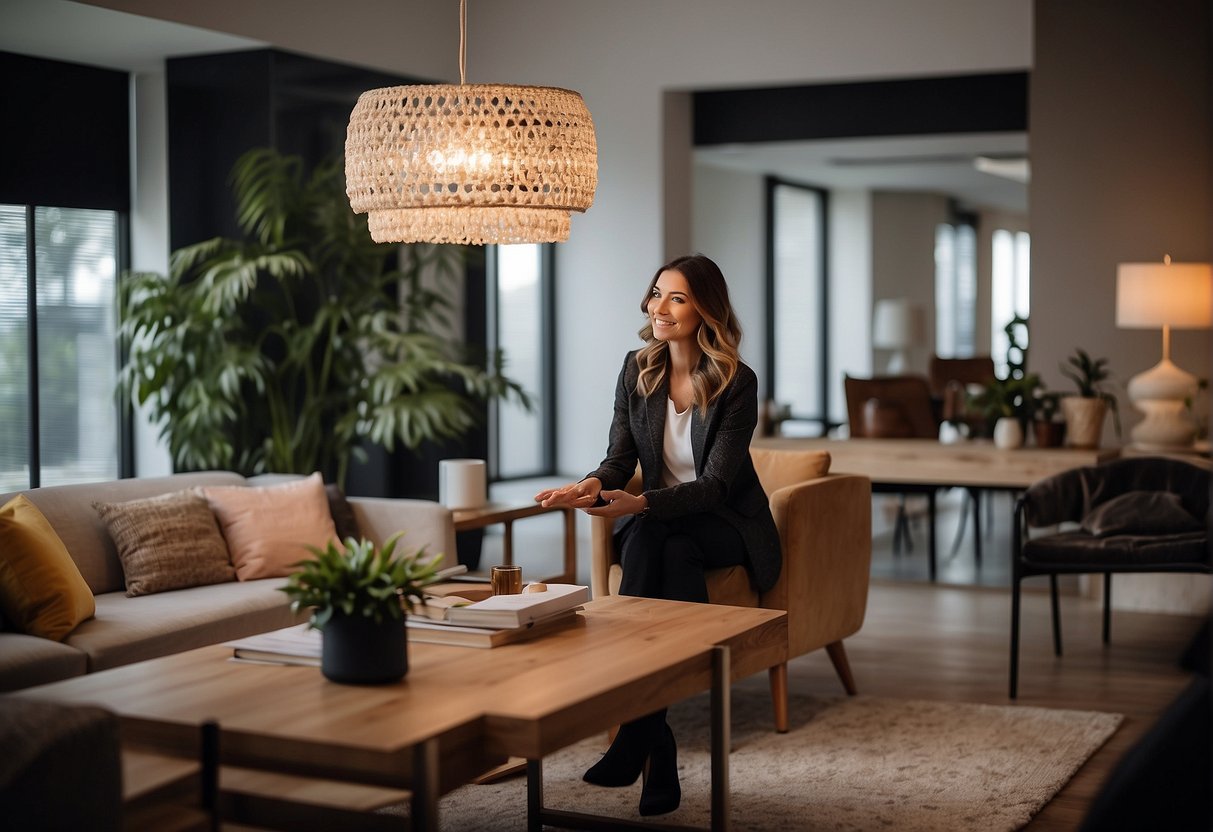
After a professional staging consultation, it’s essential to take action on the feedback and recommendations provided by the expert. This section will discuss the post-consultation steps, focusing on implementing consultation feedback and understanding staging costs.
Implementing Consultation Feedback
Once the staging consultation is complete, clients will typically receive a download of material, which may include checklists, recommendations, and other useful information. It’s essential to carefully review these resources and start implementing the suggested changes to enhance the property’s appeal.
Here are a few guidelines to follow:
- Prioritize recommendations according to their potential impact.
- Create a schedule for addressing the feedback and track progress.
- Collaborate with a real estate agent for additional insights or suggestions.
- Allocate time and resources for any necessary shopping, repairs, or updates.
- Reach out to the staging consultant for clarifications or further guidance if needed.
Don’t forget that some staging consultants offer a follow-up service, which can be helpful for reviewing and fine-tuning the adjustments implemented.
Understanding Staging Costs
While investing time and effort into implementing feedback can undoubtedly improve the property’s appearance, it’s vital to understand and plan for the associated costs. A staging budget should account for factors such as fees, pricing of materials, and other expenses.
When considering staging costs, keep the following points in mind:
- Different staging consultants may charge varying fees for their services.
- Consultations typically cost less than full-service staging, where professional stagers bring their furniture and décor to set up the property.
- Material costs, such as paint, furniture, or accessories, can vary depending on factors like quality and chosen retailers.
- The complexity or scope of the project, as well as the property size, can influence costs.
By being mindful of the costs involved and having a budget in place, clients can strategically decide which recommendations to implement first and ensure that the staging process adds value to the property without causing undue financial strain.
Measuring Success
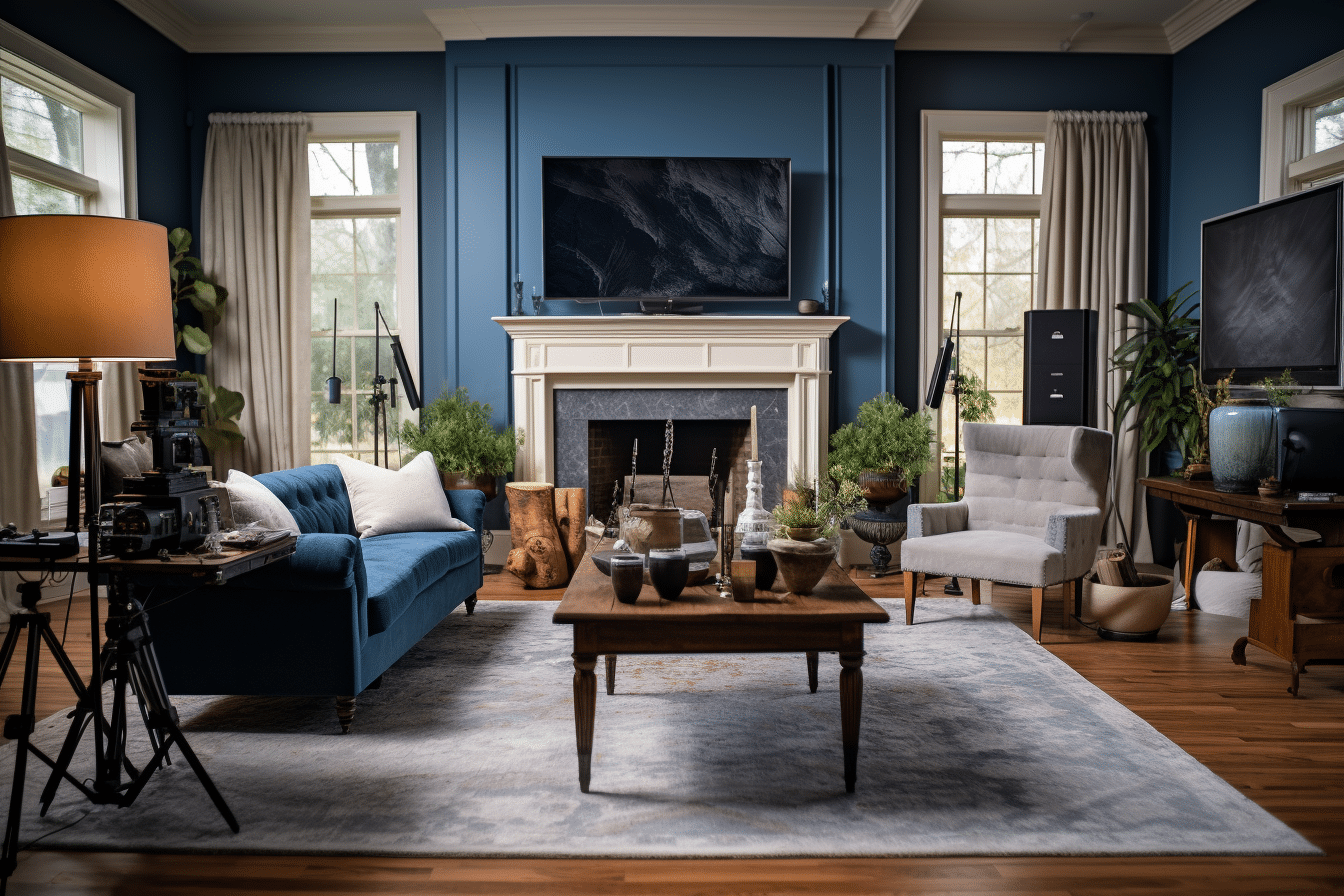
When it comes to professional staging consultations, measuring success is essential in determining the value such services bring to the industry. This section will cover two essential components of measuring success: evaluating the impact on sale price and analyzing the return on investment (ROI) of professional staging.
Evaluating Impact on Sale Price
Professionally staged homes have the potential to greatly impact the sale price of a property. To assess the effectiveness of a home staging project, one can compare the original asking price with the final sale price after the staging process is completed. A common strategy is to divide the difference in prices by the original asking price to calculate a percentage change. However, it’s essential to note that the actual impact of staging on sale price is influenced by various factors, including market trends and property location. Nonetheless, staged homes tend to sell faster and potentially command a higher sale price.
ROI of Professional Staging
A critical aspect of professional staging is determining whether the service’s cost is justified by its financial benefits. This can be calculated by analyzing the home staging ROI, which compares the upfront cost of staging consultation and services to the potential increase in the sale price.
For example, let’s consider a staging cost table:
| Staging Cost | Initial Asking Price | Final Sale Price |
|---|---|---|
| $2,000 | $200,000 | $210,000 |
Here, the staging cost is $2,000, and the home price increased by $10,000 after staging. To calculate the ROI, one can follow the following formula:
ROI = (Return – Investment) / Investment * 100
In this case, the ROI would be:
ROI = ($10,000 – $2,000) / $2,000 * 100 = 400%
A positive ROI indicates that the staging process was beneficial from a financial standpoint. However, industry professionals should take into account that each property is unique, and ROIs may vary from case to case. Additionally, other factors such as effective marketing and avoiding price reductions before staging should be considered when evaluating the success of a staging project.
In conclusion, measuring the success of a professional staging consultation can be quantified through the impact on sale price and the staging ROI. Homeowners and real estate agents can utilize these metrics to justify the practicality and financial benefits of professional home staging services.
Leveraging Professional Expertise
When it comes to home staging, leveraging the expertise of professional stagers can make a huge difference for a successful sale. These experts know the ins and outs of creating a visually appealing space that will interest potential buyers. They have the skills, tools, and knowledge to transform an ordinary home into a property with irresistible charm.
Staging Diva’s Approach
A standout professional in the home staging industry is Staging Diva, Debra Gould. Her approach is unique as she focuses not only on aesthetics but also on understanding the psychology of potential buyers. She firmly believes that professional staging can make a huge difference in how the property is perceived, ultimately contributing to a faster and more profitable sale.
Debra’s approach includes:
- Expertise in design: From choosing the right colors to creating inviting spaces, Debra takes every detail into account when designing the perfect layout for a home.
Italic text - Confident decision-making: Staging a home involves making many choices, and Debra’s experience gives her the confidence to make those decisions quickly and effectively.
- Trusted network: A successful staging project often requires collaboration. Debra’s network of trusted professionals like photographers, contractors, and suppliers help make everything run smoothly.
Utilizing a professional stager like Staging Diva ensures a well-executed staging project, which ultimately enhances the appeal of the property and improves the chances of a successful sale.
Luxury Specialist at McGraw Realtors
With a diverse background, including a career as an Air Force fighter pilot and entrepreneurship, Bill transitioned to real estate in 1995. Co-founding Paradigm Realty with his wife, Charlene, he quickly rose to prominence in Oklahoma City’s luxury real estate scene. Now, as one of the top agents with annual sales surpassing $20 million, Bill’s dedication to exceptional service remains unparalleled. With a legacy spanning over two decades in the industry, Bill’s expertise and commitment make him a trusted name in luxury real estate.